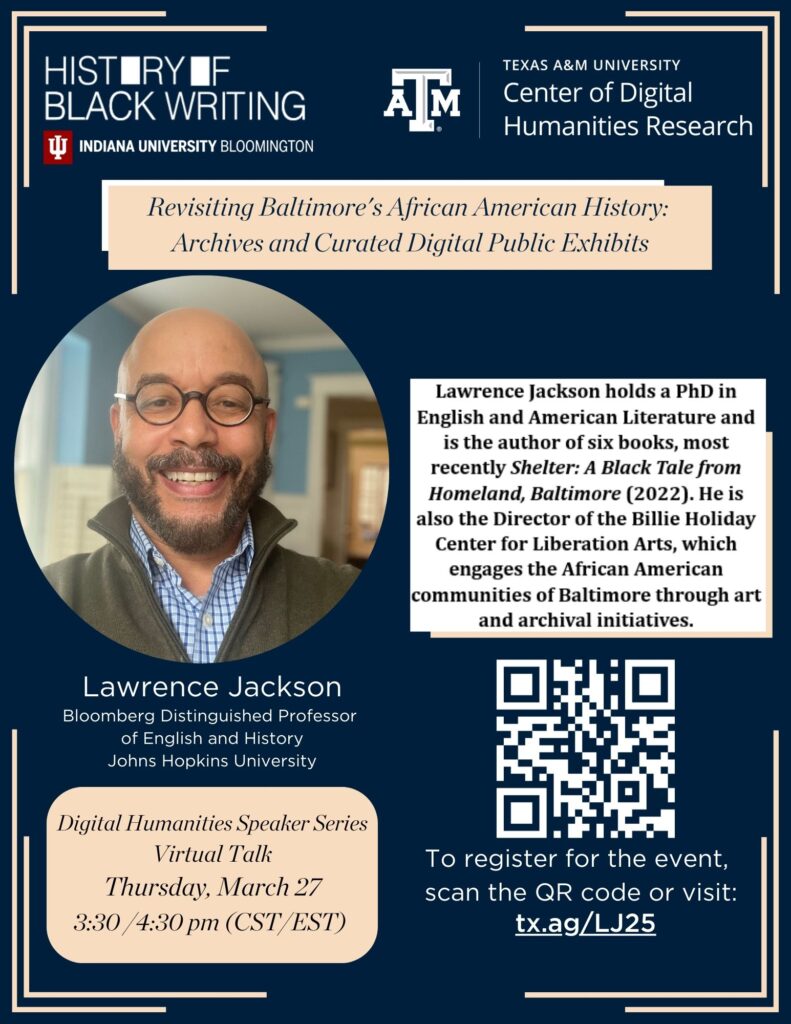Your First Crowdsourcing Project: A Webinar with FromThePage
ByJoin Ben and Sara Brumfield of FromThePage as they step you through your first crowdsourcing project. The session covers selecting material, finding volunteers, developing transcription conventions, keeping volunteers engaged, and what to do with your transcriptions once you’re done.


